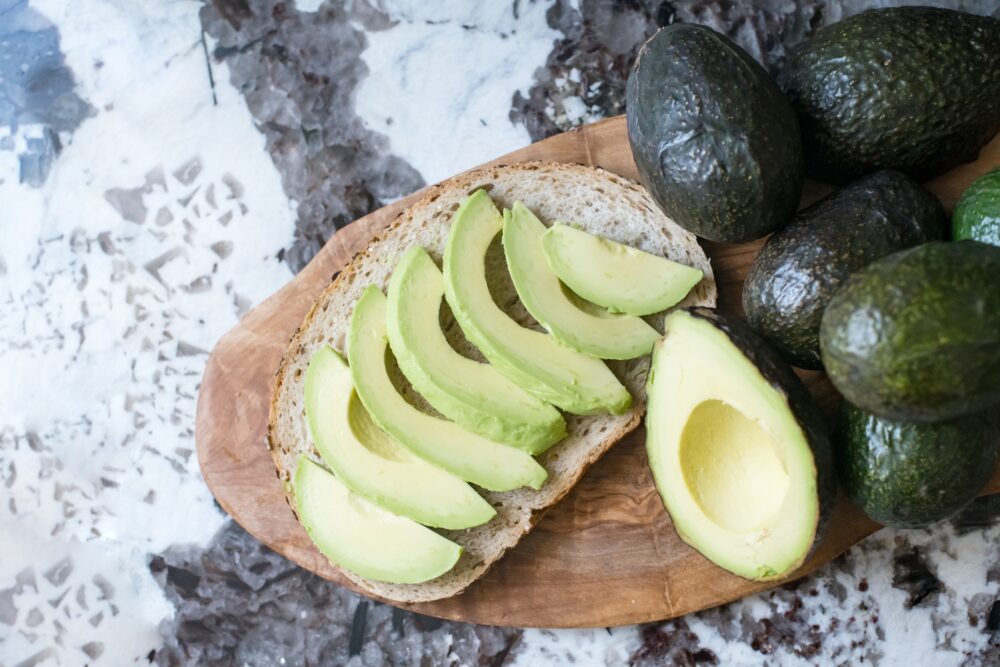Avocado Nutritional Information: The Skinny on This Fatty Fruit

Avocado nutrition is bountiful, offering an abundance of potassium (more than a banana!), B vitamins, and vitamin C. They’re incredibly mineral-dense, with high amounts of magnesium, phosphorus, copper, and manganese.
A cup of avocado also provides 10 grams of fiber — a nutrient that many of us are significantly lacking. They’re excellent for digestive health, and a good source of prebiotics — the food that feeds good bacteria in your gut.
Avocados contain the fat-soluble vitamins — vitamin E and vitamin K — in large amounts, which is good because they also contain a lot of fat.
However, their high fat content also equals a high calorie content. Although they are incredibly nutritious, if you are trying to lose weight, you may want to eat avocados in moderation. A serving of a typical avocado is officially one-third of a fruit (50g) and delivers about 80 calories.
Fat in Avocados
One cup of avocado provides 21 grams of fat. The type of fat in avocados, therefore, matters a great deal. And luckily, it’s mostly a mixture of monounsaturated and polyunsaturated fats.
Avocados contain both omega-3s and omega-6s, which are polyunsaturated, essential fatty acids. This means they’re necessary for your body to function, and that you need to get them from food. Your body uses these fats to build cell membranes and the coverings of nerves. And they’re also needed for blood clotting and muscle movement.
Monounsaturated fats, or omega-9s, are similar to the fats found in olive oil. They’re liquid at room temperature and solid at cold temperatures.
( Excerpt taken from The Food Revolution Network)
